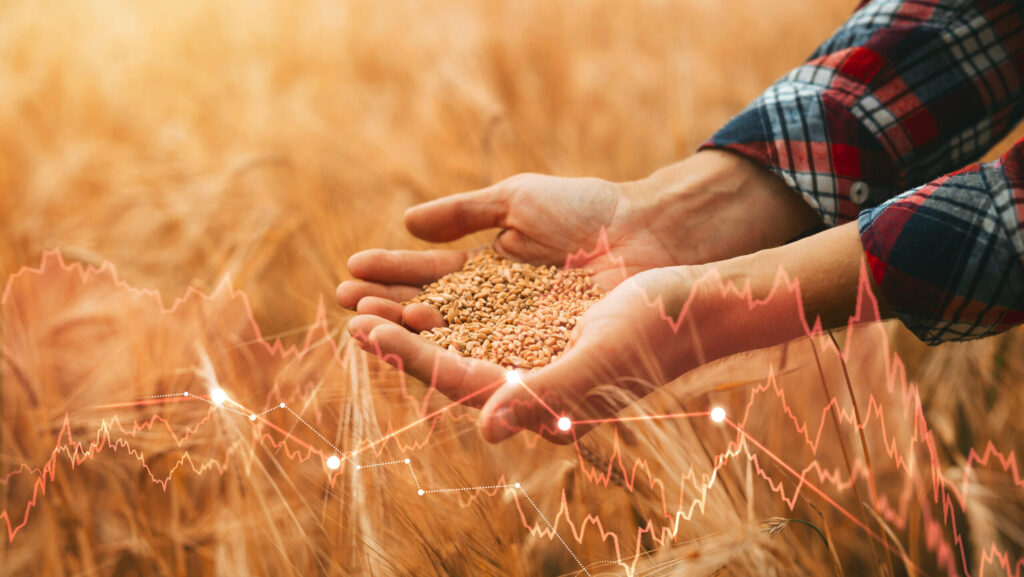Concerns over supply shortages have led to geopolitical tensions and a rise in protectionism, stoking a “food war,” according to Olam Agri, one of the world’s largest agricultural traders. The Singapore-based agribusiness is part of the Olam Group, which supplies food to many parts of the world.
“We have fought many wars over oil. Now we will fight even bigger wars over food and water,” Olam Agri CEO Sunny Varghese said, according to the Financial Times.

“High shipping costs and resulting production disruptions (due to shipping delays and supply shortages) caused by the Red Sea shipping crisis (or the Middle East crisis) will continue to be a challenge for the industry this year,” Jenna Santoro, senior manager of information solutions at Everstream Analytics, told The Food Institute.
Food prices began rising in the wake of the COVID-19 pandemic and then soared with the outbreak of conflict in Ukraine and subsequent restrictions on Russia that blocked some grain and fertilizer exports.
Verghese said the rise in food prices was partly due to government intervention as wealthy countries stockpiled surpluses of goods, creating “excessive demand and supply imbalances.”
“India, China, they all have buffer stocks,” the CEO said. “That’s just exacerbating the global problem.”
Climate change is hurting agricultural production in many parts of the world and has also contributed to rising protectionism globally, Verghese said, pointing to India’s decision last year to impose export restrictions on various varieties of rice to curb soaring domestic prices.
“We’re going to see more and more of these cases in the future,” the CEO said.
At the recent Redburn Atlantic Rothschild conference, Verghese also urged industry executives, including those from Coca-Cola and Associated British Foods, to “wake up” and do more about climate change. He argued that governments should impose a carbon tax.
“Today, carbon is free, so we pollute indiscriminately,” Verghese said.

The biggest challenges for global supply chains in the second half of 2024 will likely be related to extreme weather, Santoro said.
“The Atlantic hurricane season got off to a destructive start with Hurricane Beryl, and forecasters are predicting an active season with numerous severe storms across the southeastern U.S., Gulf of Mexico, Caribbean and South America,” she said. “Disruptions to citrus fruit, produce, coffee and sugar supplies are possible.”
Food Institute Podcast
Tom Hamill, Senior Food & Beverage Analyst at RSM US LLP, appeared on The Food Institute Podcast to give an overview of the Summer Fancy Food Show 2024. Hamill shares his thoughts on burgeoning trends at the show and how emerging specialty food brands can navigate economic forces in the coming years.


